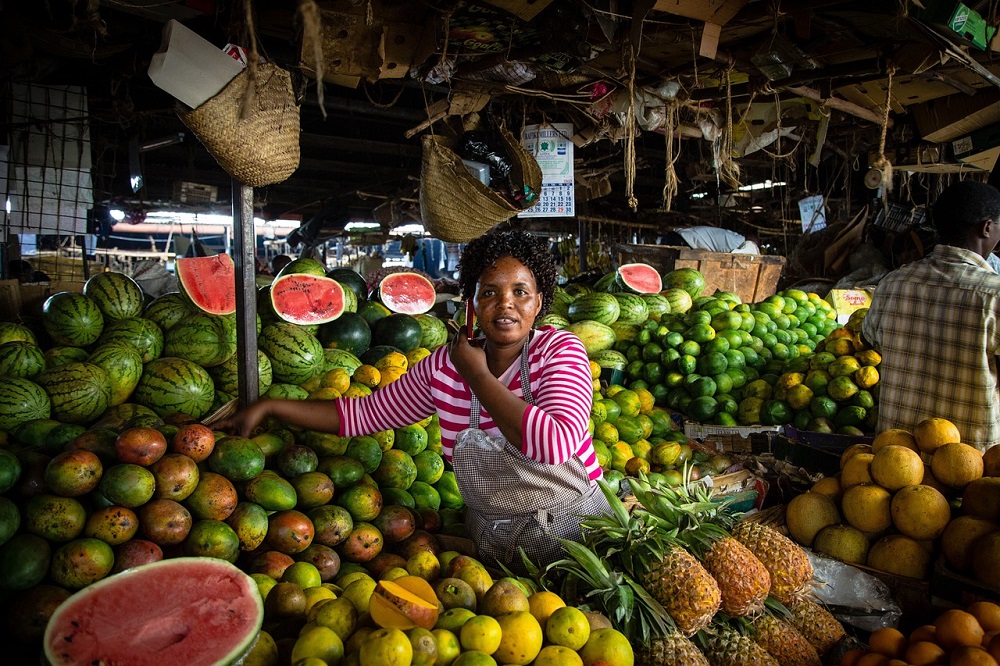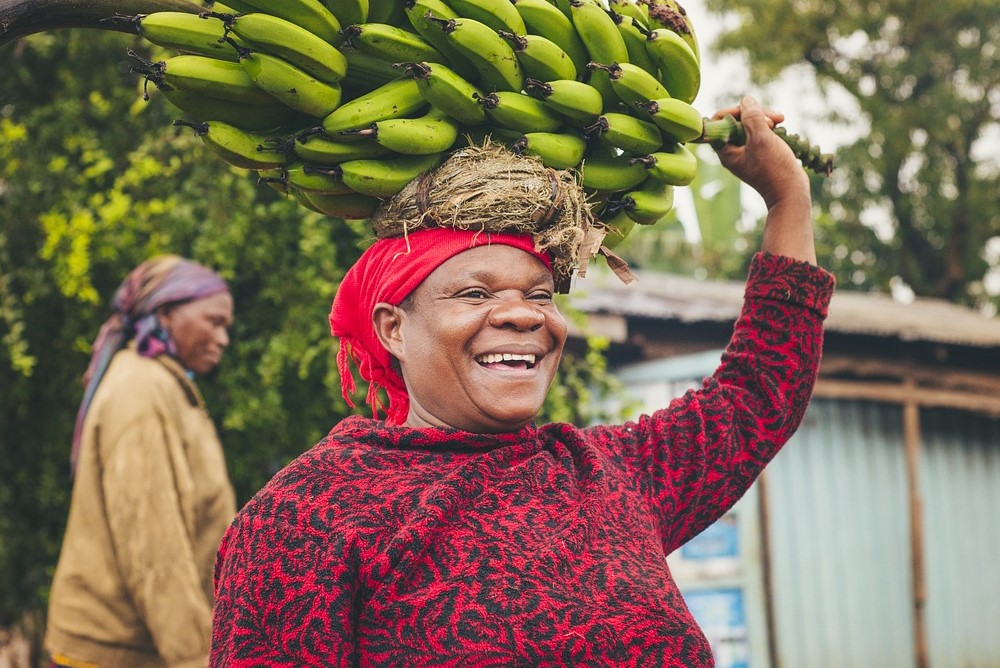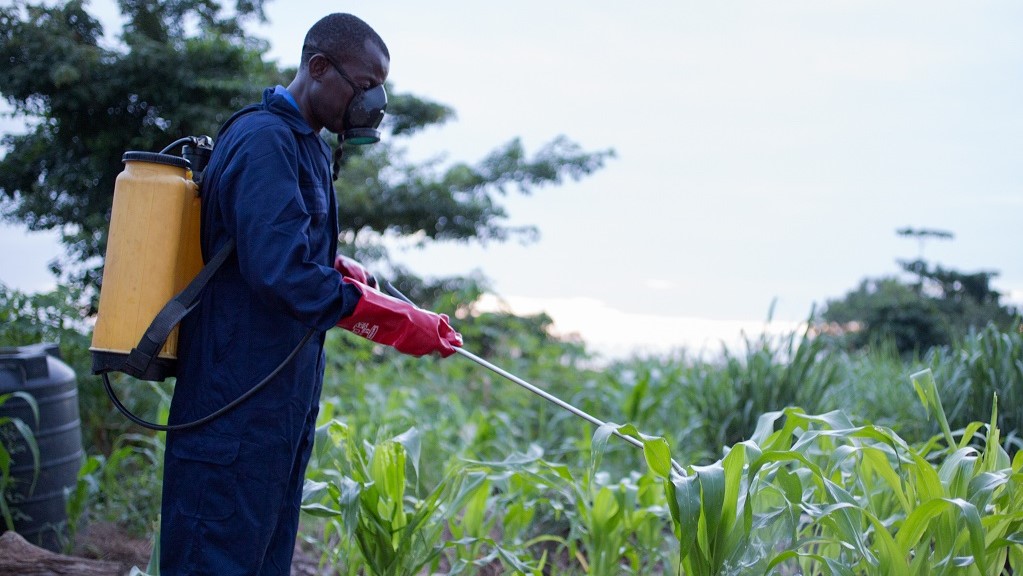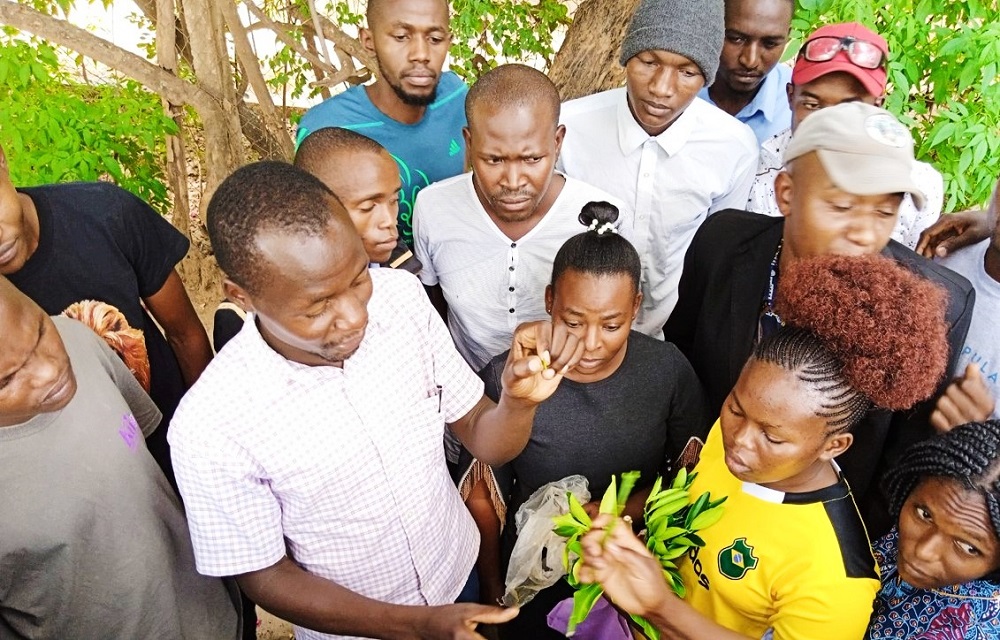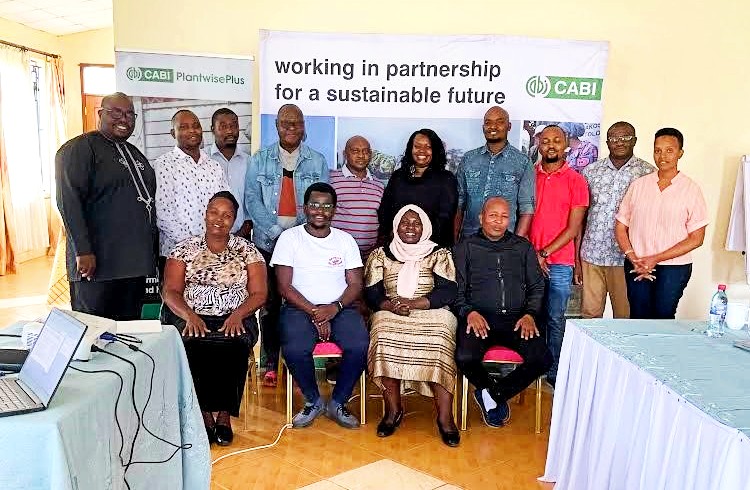Ukulima True – a Kenyan farming campaign to help reduce the risk of pesticides
As demand for food grows globally, farming practices must intensify. Farmers will need to use more low-risk tools to tackle plant pests and diseases. Pesticides are an important tool for pest management. However, they should be seen as part of a kit of many tools, not the only tool. This is because pesticides also pose…
How young people are bringing nature-based solutions to farmers
Young spray service providers are changing environmental protection and food safety by offering natural alternatives to chemical pesticides. They’re changing farmers’ minds about the types of pest control they use. In this blog, we look at PlantwisePlus training in pesticide application and how the programme supports young people – the future of safer and more…
Pesticide risk reduction tackled at behaviour change workshop in Kenya
Pesticide overuse and misuse pose a risk to farmers, consumers, and the environment. Chemical pest control is a major source of pollution, leading to water and soil contamination. Moreover, pesticides can enter the food chain through residues on crops, jeopardising food safety.

